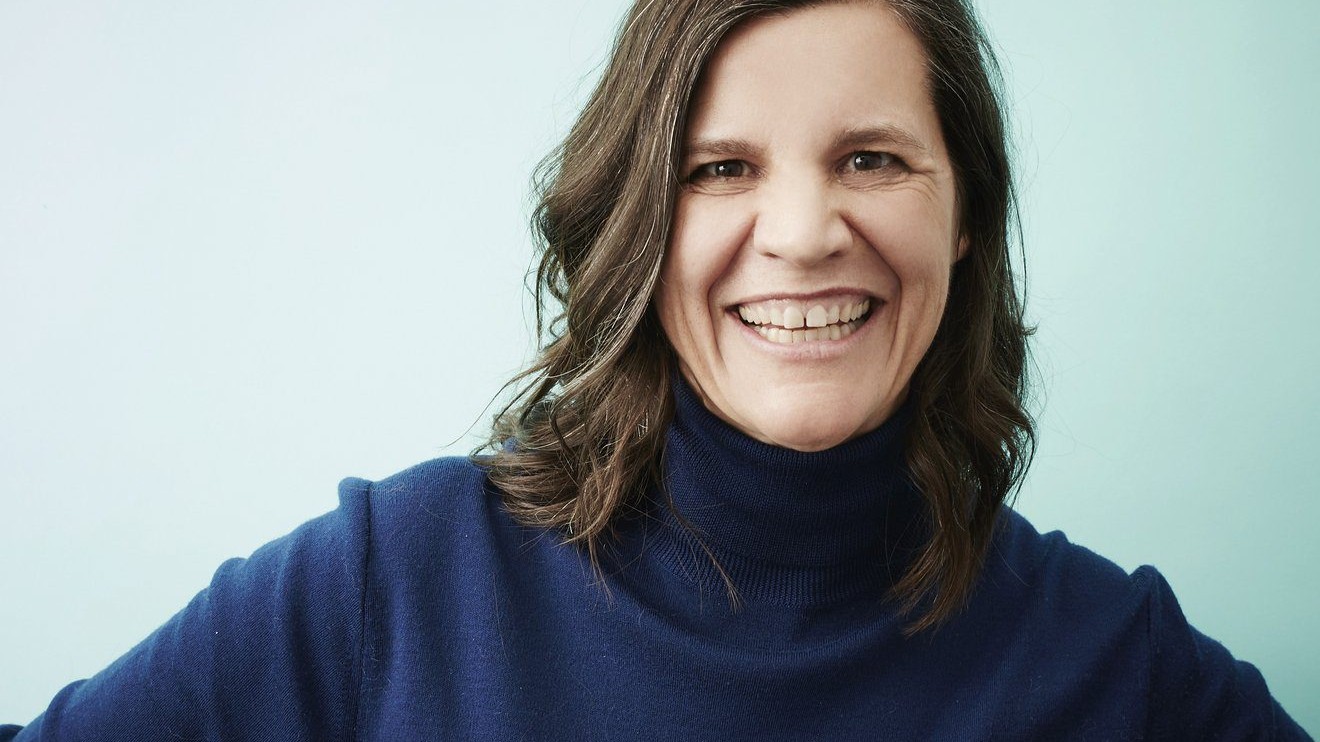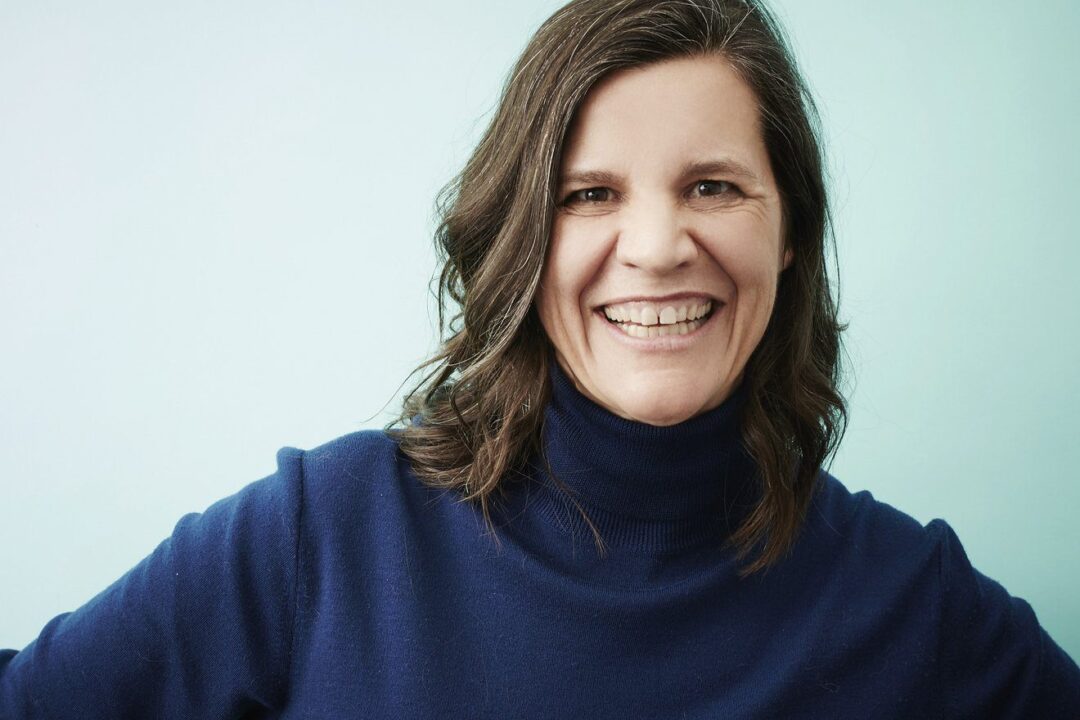You may recognize cinematographer Kirsten Johnson’s work from any of her 45 credited IMDb films, including “Citizenfour,” “Very Semi-Serious,” and “The Invisible War” to name a few. “Cameraperson” marks her directorial debut and has been making waves on the film festival circuit ever since its premiere earlier this year. This multiple award-winning film about love, loss, and the human connection may be Johnson’s first, but let’s hope it’s not her last. In our interview, we talk about improvisation on the job, the hard truth about missing shots, and the two things you must know before taking on the role as a cameraperson. We begin:
How did this film originate?
What is peculiar about the process of this film is that it emerged out of a completely different film that I worked on for three years, set in Afghanistan. When I completed that edit, a young Afghan woman who was in the film said, ‘I’m sorry, I don’t feel safe [being exposed].’ From that point forward, we began trying to imagine how we could re-cut the film without her face in it. That edit went to Sundance through the composer’s lab and the editor’s lab. At the editor’s lab, people thought the film didn’t work. Then in one conversation, I told the story of how a truck dragged [a man] to his death and everybody really connected to that story. Suddenly we had almost the complete inverse idea, to use only Afghanistan visuals with me telling the story of other places on top of it… Then it became, ‘What if the material just speaks for itself.’ I think that decision to choose that restraint is the most important part of what makes the film function. It’s kind of incredible, how one works through ideas.
Was there ever a time when you felt like you shouldn’t be documenting a situation you found yourself in?
Yes, many times! You’re always in these moments where people are exposing such intimate things and sometimes people don’t realize what the consequences might be for them. I come from a generation of documentarians who existed before the internet when we believed we could promise people we could control the images. We all now know that is not the case. That’s the challenge- it may even be that you feel fine with what you’re doing in the moment, but then sometime in the future you realize the choice to be there with the camera was naive or exploitive.
“It’s kind of incredible, how one works through ideas.”
Because you’ve had time to film and acquire all of these moments, it’s like you have this advantage to take a step back and see the bigger picture, whereas typical documentaries are shot for a contained amount of time. I think that’s one of the reasons why the film is so impactful.
Yeah, it’s not like I’m making a retrospective of my great career– no. It’s that I have accumulated a quantity of questions that I have seen duplicated in many places, and I have experienced it over and over again. I have enough material to make these questions public.
One of the themes that I really enjoyed is this concept of returning, both editorially and literally.
Aww! What I’m learning about this process is that something different matters to everyone, things that I haven’t even thought of. I haven’t been speaking of “return” as a fundamental idea of the film, but it totally is. Thank you! In my line of work, the capacity to return is limited. I get hired to go to a place with a relationship that the director has created, and I’m not at liberty to just return somewhere because I love being with those people. I couldn’t do that as a camera person, but I was always seeking to address the things left undone.
Do you struggle with setting up “the perfect shot” vs capturing moments on the fly?
Improvisation is the first mode, you can’t know [what you’re shooting] in advance. Even if you’re working on a film that uses a tripod and all of the shots are locked up, the impulse is primarily an improvised one. You have to be ready, and you also have to accept how much you’ll miss.
“You have to be ready, and you also have to accept how much you’ll miss.”

Oh, that’s interesting.
I think you must miss so much to be fully engaged in the project. Managing that anger or frustration itself while you’re shooting is constant. Also, if you’ve been consistently trying to make strong aesthetic decisions with your film and trying to frame things beautifully, and then something that comes out of left field is framed radically different, in some ways that signals to the viewer that people were out of control in that moment. I think we all agree that is where the most interesting emotion of human interaction happens– when people are out of control.
You’ve been showing this film for over 9 months, how has Cameraperson generally been received?
I’ve been overwhelmed by how beautifully it’s been received. One of the really gratifying things for me is that [in the beginning], a lot of people told me that only filmmakers would be interested in this film– and that is not true. It’s gratifying that people with no relation to documentary films, other than the fact that they are viewers, embrace it. The thing I love is that really young people love it too!
Have you shown this film to the people in it?
I’m hopeful that [I will find] as many as people as possible that were in the film and return to them. That would be amazing.
“One of the most important things you need to know as a cameraperson is that you can’t be dehydrated and you can’t go to the bathroom.”
For filmmakers beginning their documentarian journey, what practical advice would you give?
You don’t know what’s going to happen and you may have to keep filming for hours on end, so one of the most important things you need to know as a cameraperson is that you can’t be dehydrated and you can’t go to the bathroom. You have to actually know how much water you need to drink to stay hydrated and not go to the bathroom. This is the best advice I can give anybody! I can shoot for 14 hours straight without having to go to the bathroom. If you have the capacity of being relaxed in your own body and to respond emotionally to what your filming, then you can do it. If you’re tense or preoccupied in your body by whatever your physical restraints are, you cannot film the scene.
H. Nelson Tracey
Nelson is a film director and editor from Denver based in Los Angeles. In addition to writing for Cinemacy, he has worked on multiple high profile documentaries and curates the YouTube channel "Hint of Film." You can check out more of his work at his website, hnelsontracey.com




